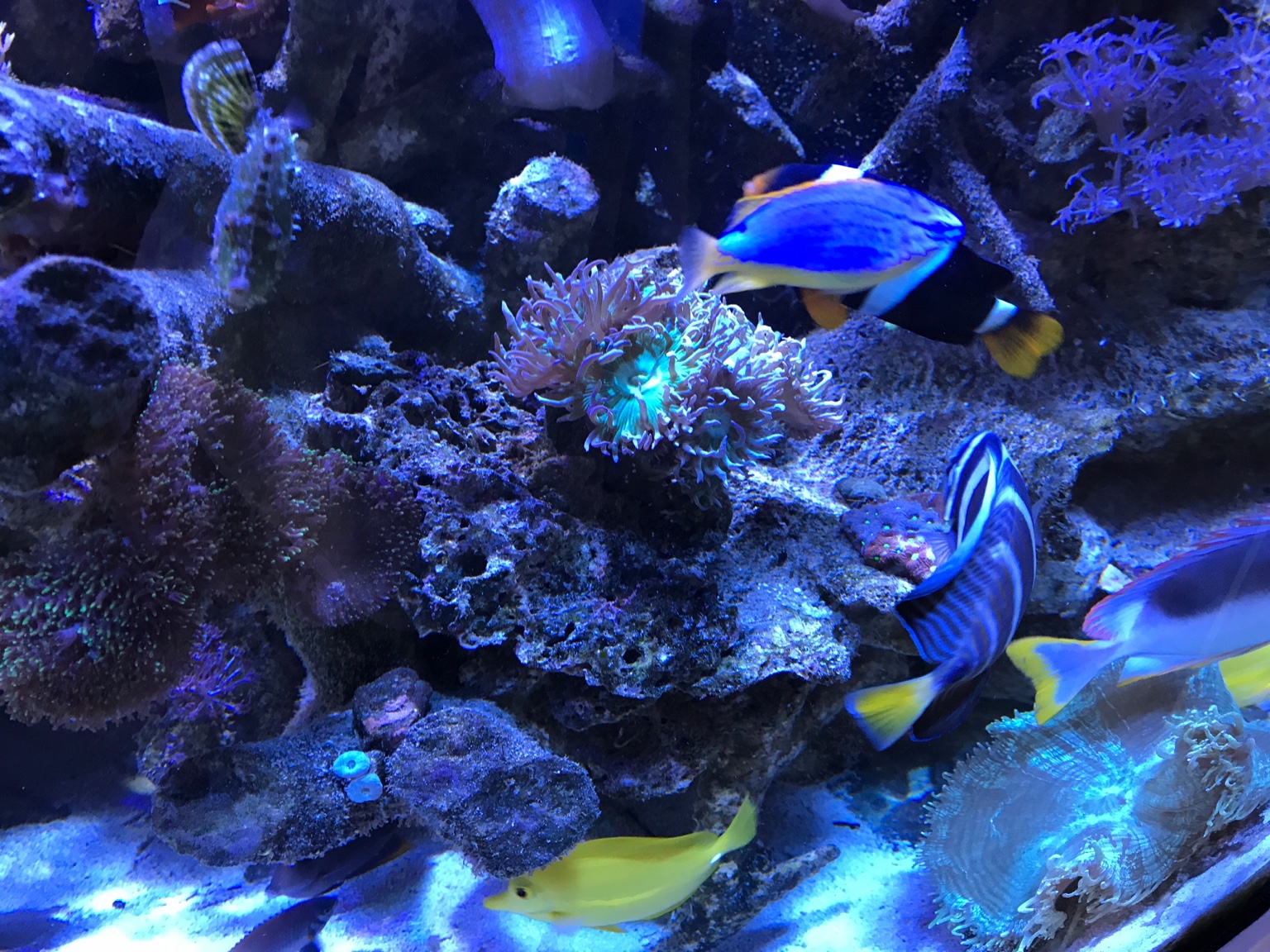- Joined
- Sep 24, 2016
- Messages
- 616
- Reaction score
- 2,024
I will start this conversation by saying almost everyone I know who has an epic show stopper tank has one thing in common. They all have solid maintenance habits with a consistent water change schedule, some even automated. While not always true on LPS or softy tanks this is almost universally true with long term successful SPS dominant tanks.
That said, I have been reading and thinking about this a lot as of late. Why do we do water changes? Are there better ways of achieving the same goals? Why do some reefers have success without them and others seem to require frequent water changes? I am super curious what everyone thinks about the value of water changes. With everything we have learned about reefing in the last few decades how critical are they? There has been significant discussion about the Triton method in relation to this but I think the conversation absolutely goes well beyond that single commercial method or product.
I guess I'd like to start by focusing the conversation on what is the purpose of these water changes and what are the alternatives? In my mind, there are four main issues that a solid water change schedule addresses.
More or less are these four functions the reasons you do water changes? Are there other significant reasons? Ideas on better ways to collectively achieve the same goals as a complete approach or method of reefing?
That said, I have been reading and thinking about this a lot as of late. Why do we do water changes? Are there better ways of achieving the same goals? Why do some reefers have success without them and others seem to require frequent water changes? I am super curious what everyone thinks about the value of water changes. With everything we have learned about reefing in the last few decades how critical are they? There has been significant discussion about the Triton method in relation to this but I think the conversation absolutely goes well beyond that single commercial method or product.
I guess I'd like to start by focusing the conversation on what is the purpose of these water changes and what are the alternatives? In my mind, there are four main issues that a solid water change schedule addresses.
- Some degree of major, minor and trace element replenishment.
- Manage undesirable Nitrate and Phosphate build up.
- Reduce undesirable yellowing pigments and odors from the tank.
- Reduce general contaminant accumulation from impurities in foods, additives and unintentional additions from hands, kids, cleaning agents, air ...
More or less are these four functions the reasons you do water changes? Are there other significant reasons? Ideas on better ways to collectively achieve the same goals as a complete approach or method of reefing?


















